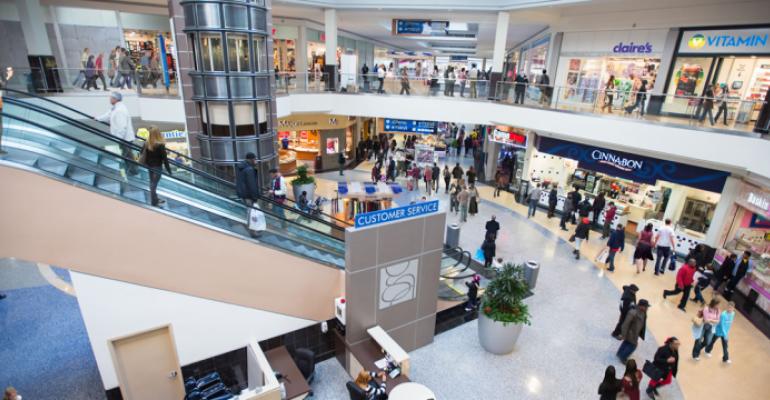Ever since Amazon rocked the world with news of its $13.7 billion deal to buy Whole Foods Market, professionals in the retail real estate industry have been buzzing about what the combo will mean for shopping centers.
If retail REITs are hoping for a lift from the Amazon-Whole Foods marriage, then they might be disappointed with the data that former REIT analyst Shahzeb Zakaria has crunched.
Zakaria is founder and CEO Big Byte Insights Inc., a New York City start-up that provides data-driven analysis of various sectors of the stock market. After Amazon’s acquisition of Whole Foods was announced, Zakaria put his skills to work to find out which shopping center and mall REITs have the most exposure to Whole Foods stores.
Based on his data analysis, Zakaria believes that having a shopping center or mall close to a Whole Foods store won’t be a “long-term positive” for retail real estate owners. Why is Zakaria not sold on retail REITs benefiting from their properties having a Whole Foods store in the neighborhood?
“Over the long run, Amazon will likely use the Whole Foods locations to offer faster and cheaper delivery to consumers,” he says.
In other words, a Whole Foods store under the Amazon umbrella will be part grocery store and part warehouse. If you follow that line of thinking, many shoppers will have Whole Foods orders delivered to their homes, rather than heading to the store, and will spend less time at shopping centers or malls that are near—or even anchored by—a Whole Foods.
Zakaria isn’t alone in his assessment that some REITs could be harmed by the Amazon-Whole Foods union.
“We believe that grocer margin erosion could lead to continued negative headlines for the strip [retail] sector and continue to favor high-quality names with a greater focus on lifestyle and street retail,” researchers with investment banking firm Boenning & Scattergood wrote in a June report.
In the following slideshow, NREI presents the 12 shopping center and mall REITs that could be hurt the most by the Amazon-Whole Foods deal, based on Zakaria’s analysis of their properties’ proximity to Whole Foods stores.
In the slides, the number of retail properties owned or managed by a REIT is from the first quarter of 2017, and “incidence score” refers to the percentage of a REIT’s retail properties that have at least one Whole Foods within a five-mile radius.
